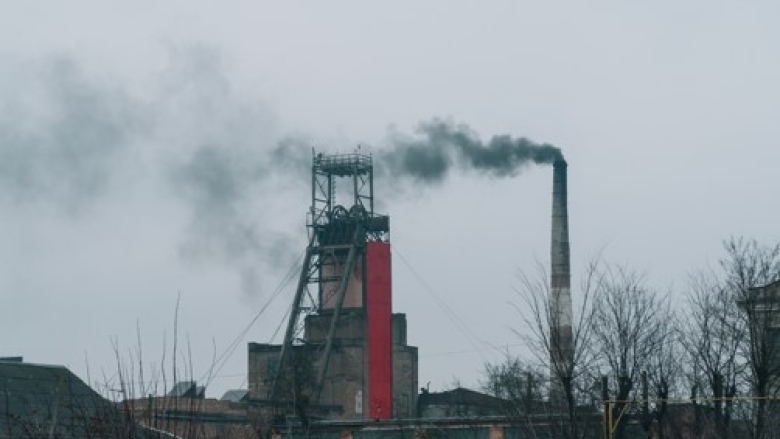Some Eastern European countries dependent on coal will face tough decisions as they transition to cleaner forms of energy. As the region progresses toward net-zero emissions, governments will face significant challenges such as energy security, worker reskilling, asset decommissioning while addressing rampant air pollution and the broader impacts of climate change.
The bloc regularly sees some of the highest levels of air pollution in the world. In the winter months, when coal-powered heating causes pollutants to spike, the problem can be deadly. A 2019 report from the United Nations Environment Program found that air pollution causes one in five premature deaths in 19 Western Balkan cities, reducing the average lifespan by 1.3 years.
Transitioning away from coal will not be easy
. Ukraine relies on coal for 30 percent of its primary energy needs.
And it’s not just the energy itself that’s at stake. Another 131,500 work in businesses that support the sector.
The governments of the Western Balkans nations and Ukraine are taking the issue seriously. But knowing where to start can be daunting. That's why, after 14 months of research and planning, the World Bank, along with the European Commission, the Energy Community Secretariat, the European Bank for Reconstruction and Development, the College of Europe, and the National Fund for Environmental Protection and Water Management launched the Platform Initiative in Support of Coal Regions in Transition for Western Balkans and Ukraine.

